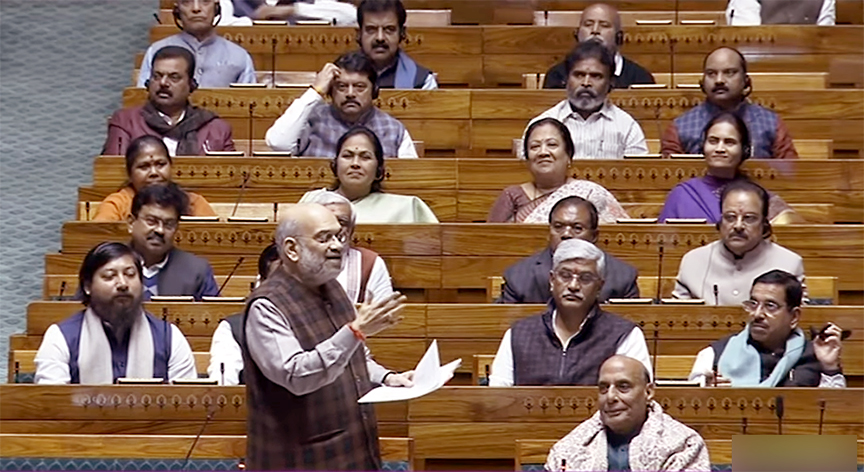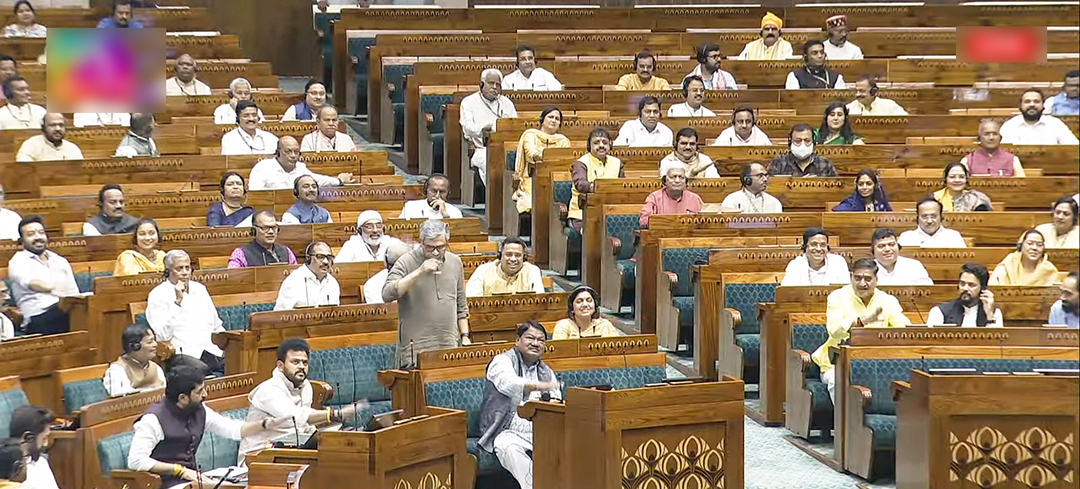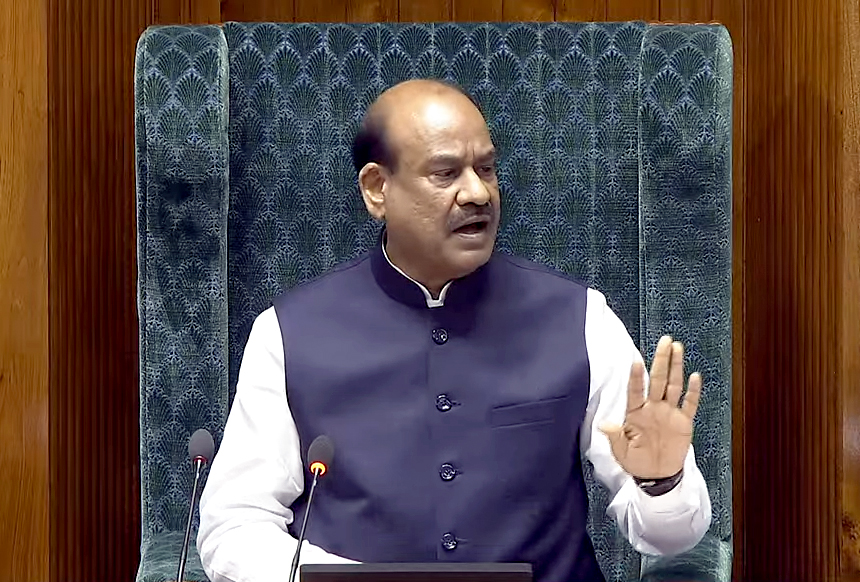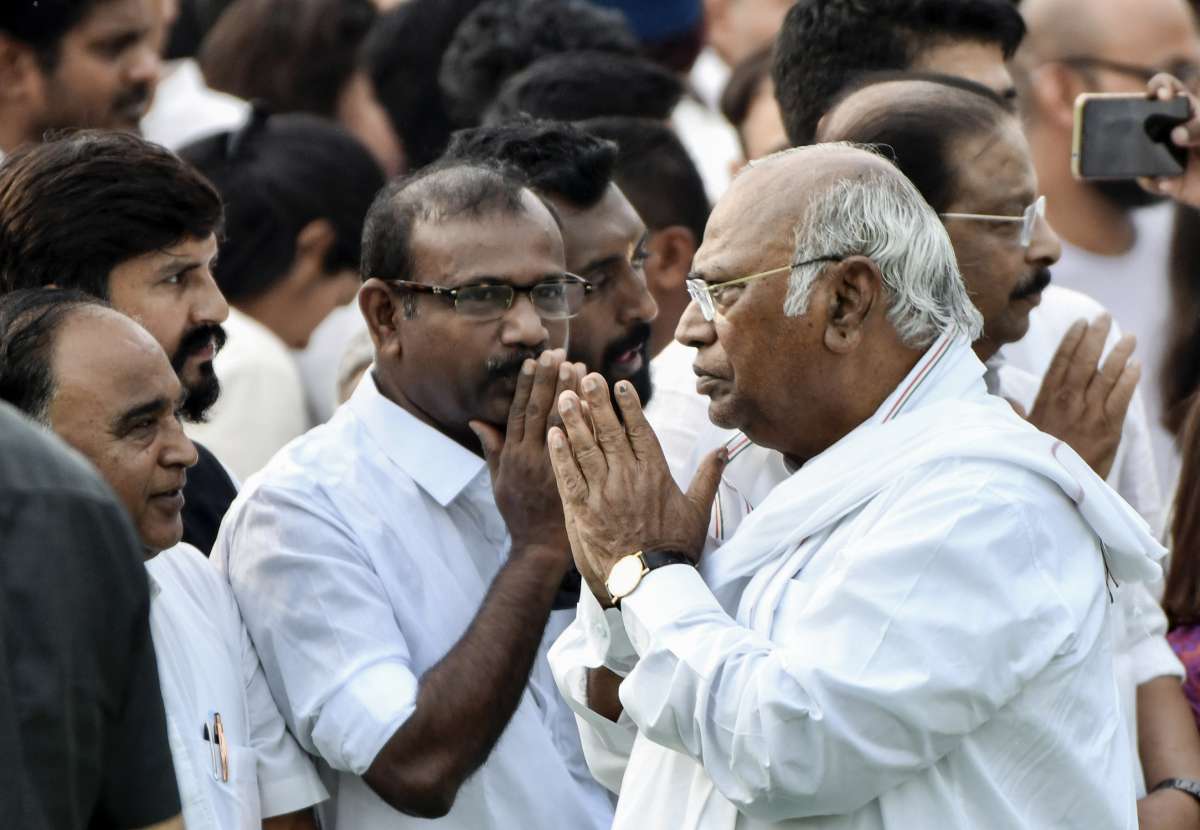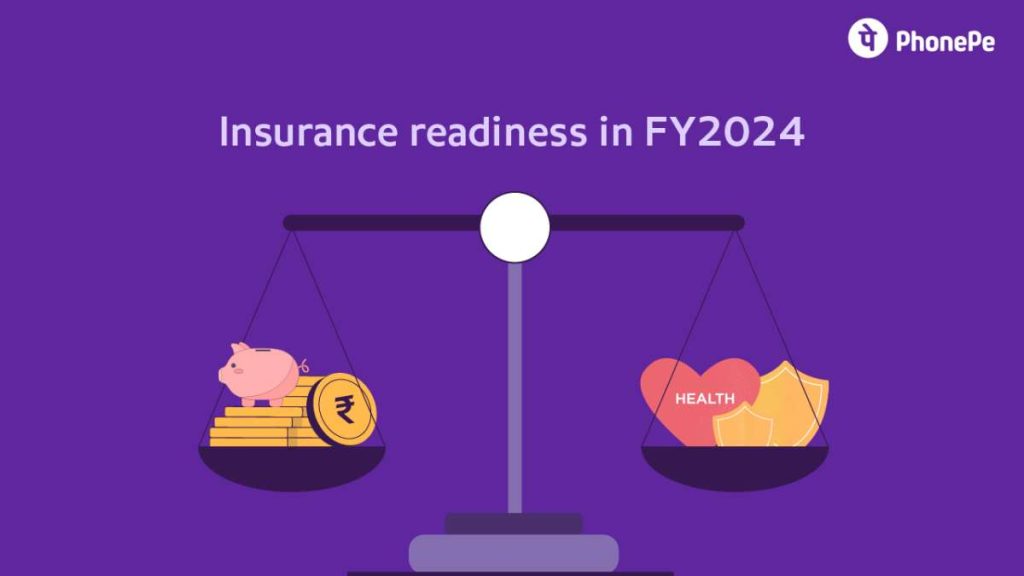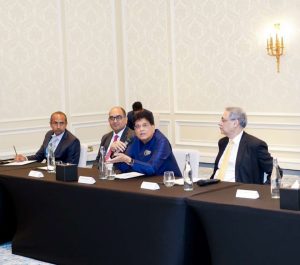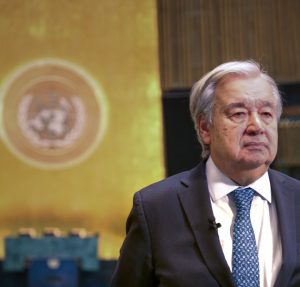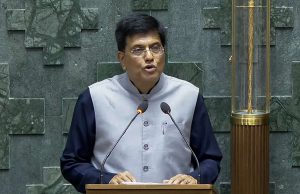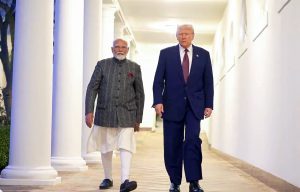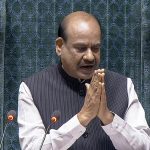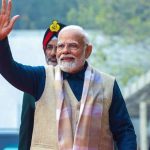Members of the Congress, DMK, TMC and other Opposition parties were not present during the debate after 97 of their colleagues were suspended from Lok Sabha…reports Asian Lite News
Lok Sabha on Wednesday passed three key bills that seek to overhaul the criminal justice system, with Union Home Minister Amit Shah asserting that the focus is on delivering speedy justice rather than handing down punishment.
Replying to the debate, Shah said the three bills – Bharatiya Nyaya (Second) Sanhita, Bharatiya Nagarik Suraksha (Second) Sanhita and the Bharatiya Sakshya (Second) Bill — also have a clear definition of terrorism and scrap sedition as a crime while introducing a new section titled “offences against the State”.
Members of the Congress, DMK, TMC and other Opposition parties were not present during the debate after 97 of their colleagues were suspended from Lok Sabha for “unruly” behaviour in the House.
While many opposition parties have been critical of the bills that seek to replace the IPC, CrPC and the Evidence Act, only a handful of non-NDA members, including Hyderabad MP and AIMIM chief Asaduddin Owaisi, MPs of the Biju Janata Dal and Bahujan Samaj, were present in the House.
“I am astonished at how some people defend and save the lives of terrorists in the name of ‘human rights’. Remember, this is neither the rule of Britishers nor of Congress. This is Modi’s rule.
“No arguments to save terrorists will be entertained here,” Shah said, adding the Modi government has explicitly brought ‘terrorism’ under the purview of the criminal justice system.
“We have changed the definition of Sedition from ‘Rajdroh’ (offences gainst the government) to ‘Deshdroh’ (offences against the Nation),” he said noting IPC Section 124, or the Sedition Law, has been repealed.
The purpose of the new law is “not to save the government, but to save the country. In a healthy democracy, everyone has the right to criticise the government, but we will not allow anyone to say anything demeaning about India,” Shah said.
“The sedition law made by the British, under which Tilak, Mahatma Gandhi, Sardar Patel… many of our freedom fighters remained in jail for years and that law continues till date.
“When they were in opposition, they used to protest, but when they came to power, they misused it. For the first time, the Modi government completely abolished the sedition law,” he said.
Shah said the first duty of the state is justice. “Judiciary, Executive and Legislature are the three pillars of democracy. The makers of our Constitution divided the work among these three to give strong administration to the country. Today, for the first time, these three together will give the country a justice-centric criminal system and not a punishment-centric one,” he said, For the first time, laws are going to be made according to the spirit of our Constitution under the leadership of Modi.
“I am proud to have changed these three laws after 150 years. Some people used to say that we do not understand them, I tell them that if you keep your mind as an Indian then you will understand. But if your mind is of Italy, you will never understand,’ Shah said in a swipe at the opposition Congress.
The new laws are framed by keeping in mind the core values of our Constitution- individual freedom, human rights and equal treatment for all, Shah said.
The bills were first introduced during the monsoon session of parliament in August. After the standing committee on home affairs made several recommendations, the government decided to withdraw the bills and introduced their redrafted version last week.
Replying to the debate, which started on Tuesday and continued on Wednesday, Shah said three major amendments have been brought in the bills and these include giving relief to medical professionals who sometimes face intimidation from kin of patients.
Shah said the three proposed laws were drafted after comprehensive consultations. “I personally had 158 meetings. Not only every line, I have read every comma and every full stop of the bills,” he said.
Highlighting achievements of the Narendra Modi government, the home minister said it delivers on every promise it makes. “We had said that we would remove Article 370 and 35-A, we removed it. We had promised that we would end terrorism.. and give a free hand to the security personnel, we delivered.
House passes Provisional Collection of Taxes Bill
Parliament on Wednesday passed the Provisional Collection of Taxes Bill, 2023, that gives statutory backing to the government to collect taxes from midnight as per the announcement made in the Union Budget. The bill comes with provisions to refund taxes collected that have not been incorporated in the Finance Bill as per the budget for fiscal year starting April 1. It repeals The Provisional Collection of Taxes Act, 1931.
LS passes The Telecommunications Bill
The Lok Sabha on Wednesday passed the Telecommunications Bill, 2023 by a voice vote without any substantive debate as the Opposition benches remained largely empty with as many as 97 MPs having been suspended from the House.
Ashwini Vaishnaw, Minister of Communications and IT who presented the Bill, said, “The Bill will promote structural reforms in the telecom sector…The bill will usher in the biggest reforms in the sector…Now, there will be one simple authorisation instead of 100 licences.” There is a provision for four-tier dispute resolution which will help in reducing litigation in the sector.
Parliament passes Central GST Bill
The Parliament on Wednesday passed a bill that will raise the cap on the age limit for the president and members of GST Appellate Tribunals. The bill was approved with a voice vote in Rajya Sabha and returned to Lok Sabha, which had passed the bill on Tuesday.
In the post-lunch session, Finance Minister Nirmala Sitharaman moved The Central Goods and Services Tax (Second Amendment) Bill, 2023 in the Upper House. The bill seeks to raise the cap on age for the president and members of the GST Appellate Tribunals (GSTAT) to 70 years and 67 years, respectively. Currently, the age limit for the president is 67 years and for members is 65 years. The bill also seeks to align the provisions of the Central GST Act in line with the Tribunal Reforms Act, 2021.
ALSO READ-BNP Declares ‘Non-Cooperation’ Ahead of B’desh Polls

